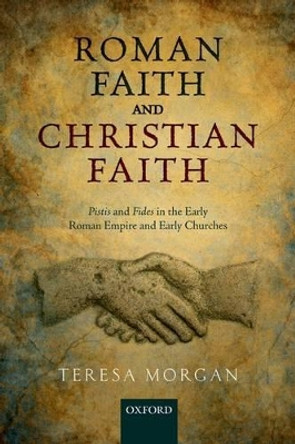Morality is one of the fundamental structures of any society, enabling complex groups to form, negotiate their internal differences and persist through time. In the first book-length study of Roman popular morality, Dr Morgan argues that we can recover much of the moral thinking of people across the Empire. Her study draws on proverbs, fables, exemplary stories and gnomic quotations, to explore how morality worked as a system for Roman society as a whole and in individual lives. She examines the range of ideas and practices and their relative importance, as well as questions of authority and the relationship with high philosophy and the ethical vocabulary of documents and inscriptions. The Roman Empire incorporated numerous overlapping groups, whose ideas varied according to social status, geography, gender and many other factors. Nevertheless it could and did hold together as an ethical community, which was a significant factor in its socio-political success.
Explores how morality worked, for Roman society as a whole and for individuals.About the AuthorTeresa Morgan is University Lecturer in Ancient History at Oxford and a Fellow of Oriel College. She is the author of Literate Education in the Hellenistic and Roman Worlds (1998).
ReviewsReview of the hardback: 'This clear-headed, balanced and subtle analysis of an important but neglected topic should be in every university library.' The Journal of Classics Teaching
Book InformationISBN 9780521128971
Author Teresa MorganFormat Paperback
Page Count 396
Imprint Cambridge University PressPublisher Cambridge University Press
Weight(grams) 580g
Dimensions(mm) 229mm * 152mm * 22mm







